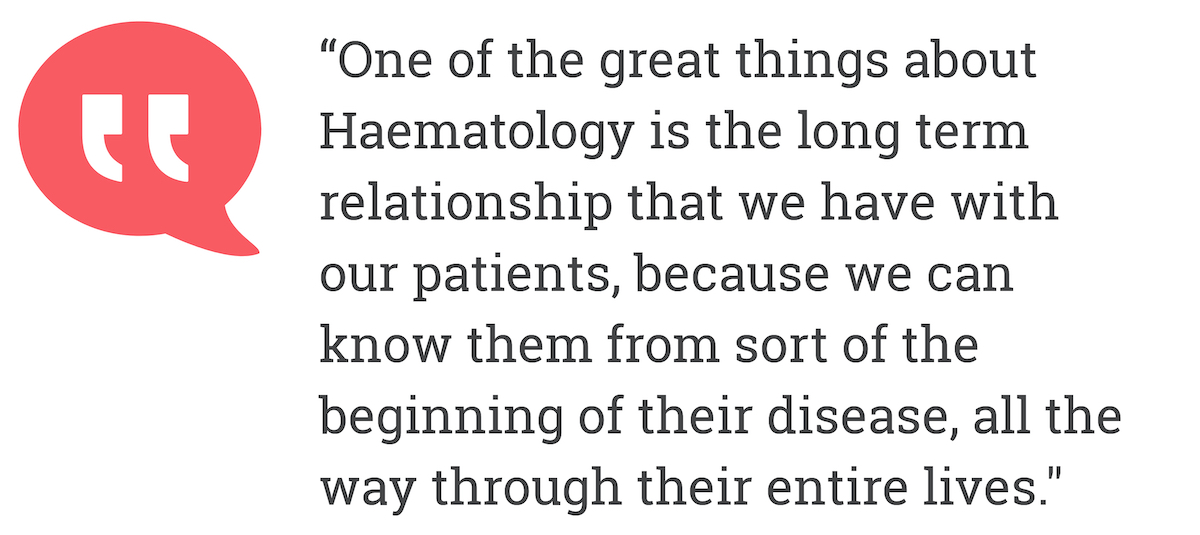Laura talks us through what a Haematology Nurse is and what life could look like for you, day to day.
Topics Covered In This Article
How Can You Become A Haematology Nurse?
Introduction
Hi guys, my name is Laura and I'm one of the Haematology Nurses from the NHS, and I've been working on the field for about four years.
Today, I will be talking about what a Haematology Nurse is and more specifically, what is Haematology Nursing and what do we do?
Haematology is the branch of medicine where we look after and investigate conditions that are associated with blood problems and also bone marrow problems, which is the factory where all the blood cells are made.
We look after as well, people with red cell disorders, which are usually inherited conditions like sickle cell disease or thalassemia.
There are many types of blood cancer and the three main cancerous haematological disorders that we treat are leukaemia, lymphoma and myeloma.









About this contributor
Band 7 NHS Nurse
I am a dedicated nurse with 10 years of experience in the healthcare field, having worked both in the UK and Spain. I have spent several years as a Band 7 nurse in the NHS, where I developed advanced clinical and leadership skills. In addition to my nursing experience, I hold a Master's degree in Healthcare Management.
More by this contributorWant to get involved in the discussion?
Log In Subscribe to comment